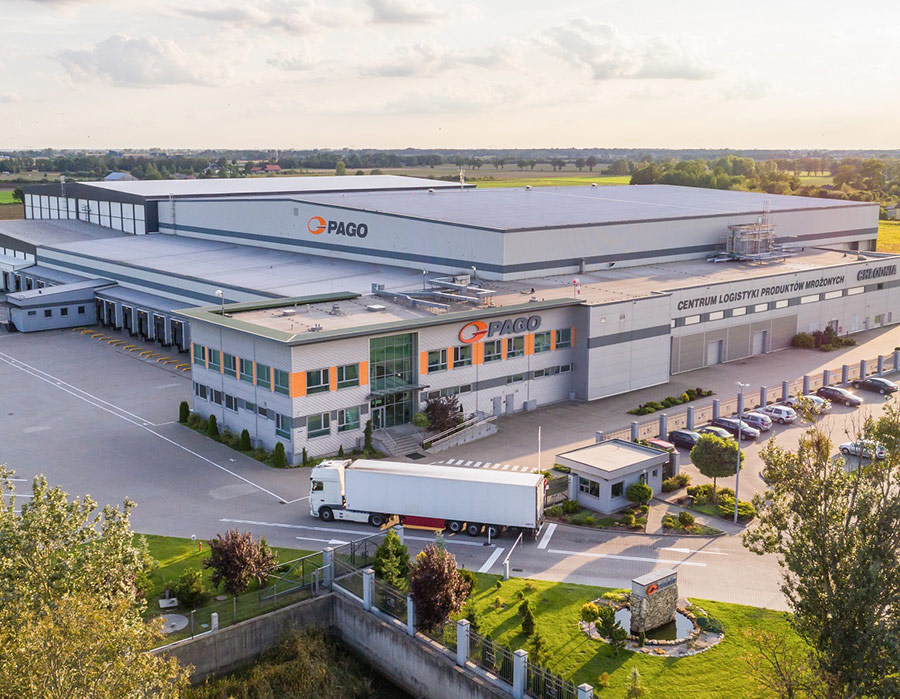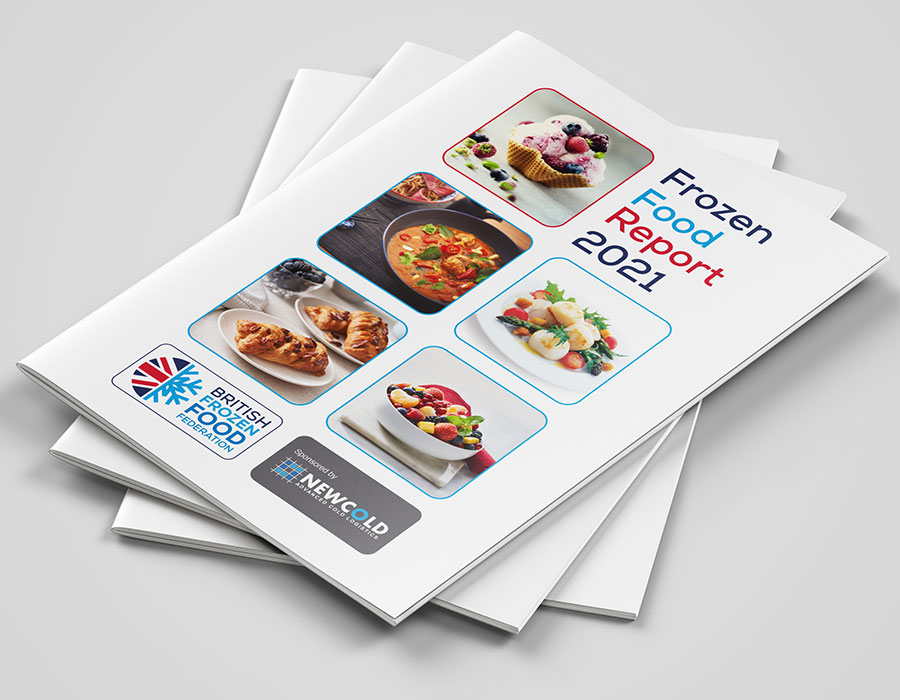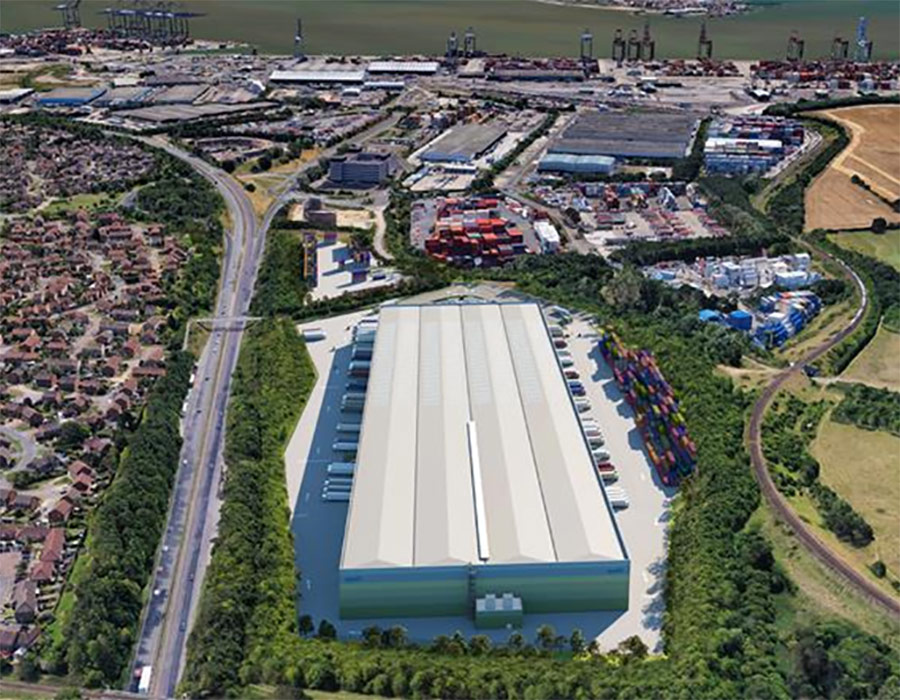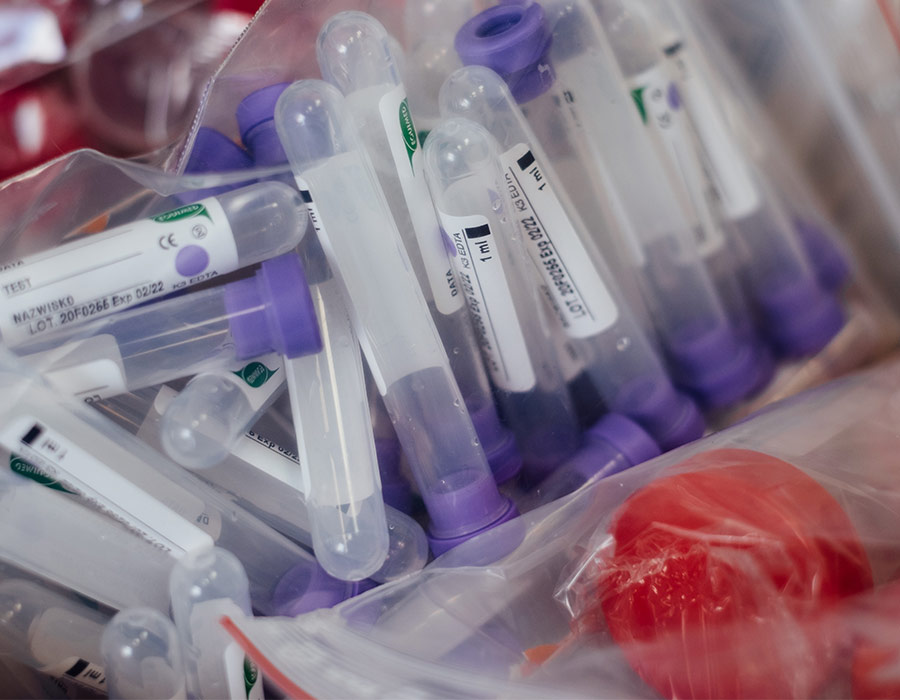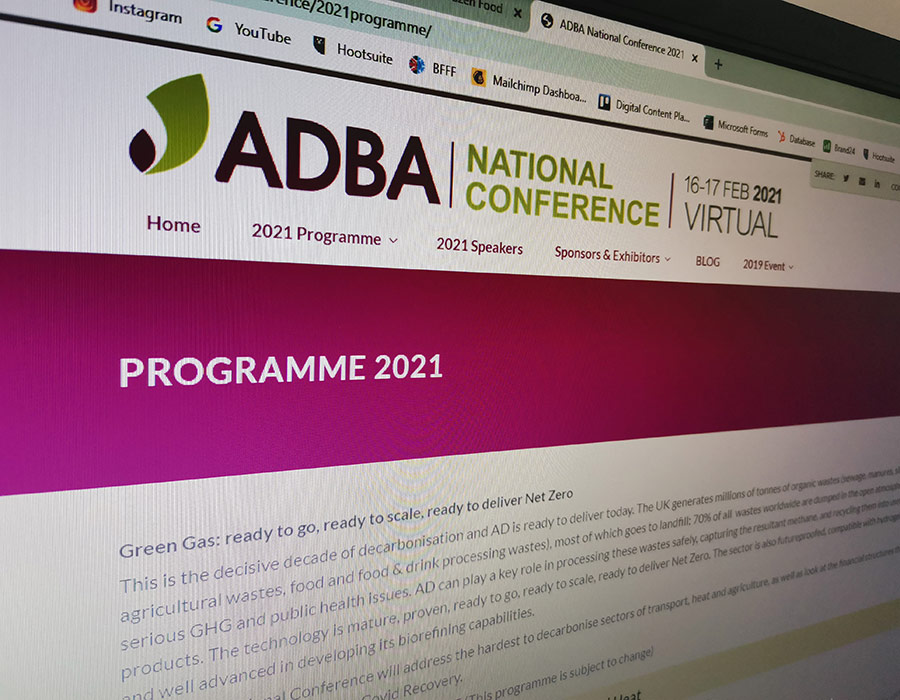Campden BRI has developed a new test procedure to determine whether air cleaning systems can effectively inactivate and remove the virus that causes COVID-19 from the air and surfaces.
It comes as food businesses attempt to protect their workforces with these systems which are sometimes marketed as being effective against SARS-CoV-2, the virus that causes the respiratory disease.
In a recently published position paper, the Scientific Advisory Group for Emergencies (SAGE) highlighted the need for these systems to be independently validated. The paper identified a lack of robust scientific data supporting the efficacy of such systems against relevant test organisms under realistic in-use conditions.
Annette Sansom, senior research officer at Campden BRI who led the development of the method, said:
“Knowing coronaviruses to be spread by airborne transmission, many food businesses have put in place extra measures to protect their employees, including the installation of air cleaning systems. Some of these devices state effectiveness against SARS-CoV-2, but without these claims being validated, businesses can’t be sure that they’re protecting their staff. With an aerobiology laboratory capable of representing factory conditions, we steered our ongoing research project on the effective control of viruses towards a method that could validate these claims and help businesses create COVID-secure environments.”
The new method uses a surrogate organism, structurally similar to SARS-CoV-2, in a specialist aerobiology laboratory to validate air cleaning systems on a scale not replicated elsewhere in the UK.
The test itself has been developed to adapt to various environments seen throughout the food and drink industry. For example, as meat and poultry factories are kept cold to prevent the growth of Listeria, the aerobiology laboratory can be chilled to assess an air cleaner’s effectiveness in these conditions. Sansom continued: “Having a method that can replicate real-life conditions is key to ensuring an air cleaning system can effectively remove SARS-CoV-2 in that environment.”
SAGE highlighted that the application of these technologies – which include UV-C light, plasma, filters and chemical sprays – may be a useful strategy to reduce airborne transmission risks in poorly ventilated spaces.
This paves the way for these devices to be used in closed spaces such as offices which are prone to poor ventilation. However, having identified the potential chemical hazards associated with some systems, SAGE’s position paper makes clear that these hazards should be fully understood and properly mitigated to ensure safe operation.
Rob Limburn, microbiology group manager at Campden BRI who helped develop the validation method, said:
“Some air cleaning systems produce ozone and/or other potentially hazardous by-products, such as CO2, during operation. It’s therefore important that such devices are tested to ensure that levels of these substances do not exceed recommended maximum levels under in-use conditions.”
The current UK workplace exposure limit for ozone is 0.2 ppm according to the Health and Safety Executive.
As well as in the air, some systems claim to be effective against SARS-CoV-2 on surfaces. It is believed that testing these claims at the location the device will be used is a robust way of ensuring this effectiveness.
Having recently trialled the new method on a boat, Limburn demonstrated how the test can assess claims of surface activity in a number of different settings which can include hotel rooms, buses, trains, lifts, offices and canteens. Businesses can therefore assess which of these technologies is most effective and safe for their specific area to help them determine which would be a worthwhile investment.
For the industry, having a validated air cleaning technology system in place not only helps a workforce feel safer, but also helps prevent cases of COVID-19 that would otherwise cause lost time due to staff self-isolation.
Limburn continued:
“We’ve found that the ‘next virus’ is a real concern for many food businesses and is partly the reason why they’re considering installing these systems. They’re thinking of both the current health crisis and future pandemics.”
The new method is the latest edition to Campden BRI’s suite of COVID-19 services which includes the PCR-based nose and throat swab test designed specifically for workforces.













